There’s a literal mountain of conservation books out there, and it can be a daunting task to know where to start. What conservation books are most inspiring?
As CEO of The Nature Conservancy, Mark Tercek knows the power of great conservation books. “When I joined TNC 10 years ago, I was smart enough to know that I had a lot to learn about conservation,” Tercek said. “I was delighted to learn of the enormous number of truly great books there are on these topics.”
Mark recently asked folks on Twitter what conservation books they found inspiring (check out some of the answers). As it turns out, there are a lot of nature book readers out there. As the book reviewer for Cool Green Science, I’m always looking for great conservation reads.
Both Mark and I were thrilled to see both timeless classics and new favorites on the list. Here are some we particularly love. Please leave your own choices in the comments or tweet them to Mark and me.
-
The Home Place: Memoirs of a Colored Man’s Love Affair with Nature
Drew Lanham
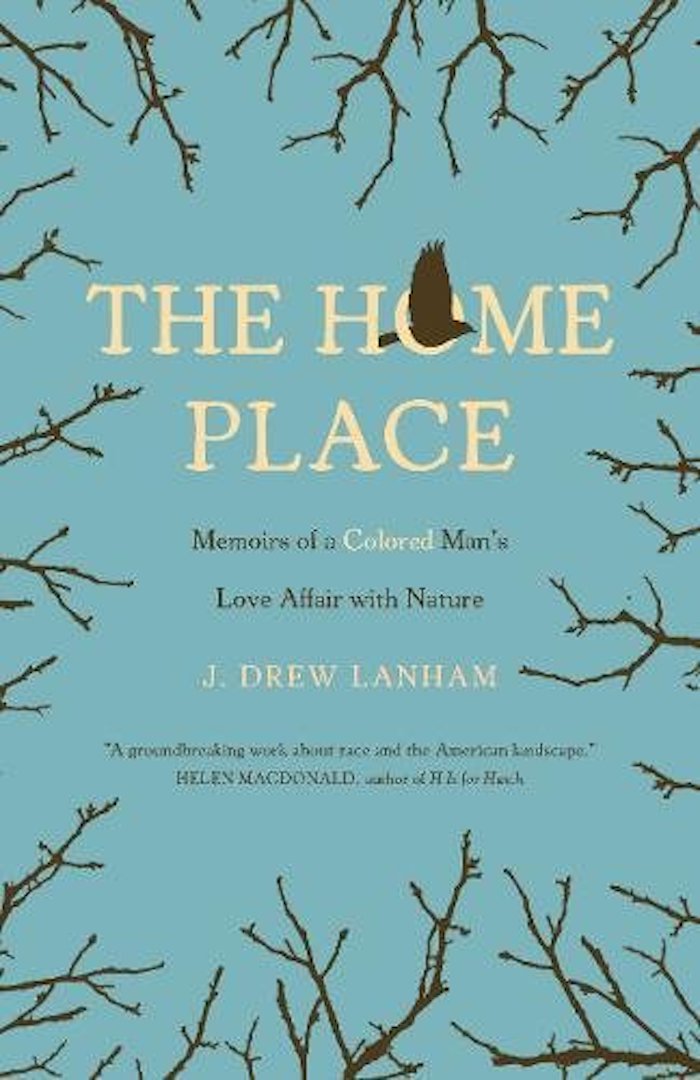
This is one of my favorite recent books, and I was happy to see that others agree, including Lynn Scarlett, the Conservancy’s Co-Chief External Affairs Officer & Climate Strategy Lead.
Lanham describes himself as a “rare bird, an oddity”: an African-American ornithologist who loves birding, hunting and exploring the land. His memoir explores the influences that led him to his land ethic and his career in science. It’s a story of family, of a rural childhood, of birds and academia and special places lost and found. (You should also read his article, 9 Rules for the Black Birdwatcher and his recent Cool Green Science essay, Land Rich and Cash Poor).
-
The Song of the Dodo: Island Biogeography in an Age of Extinction
David Quammen
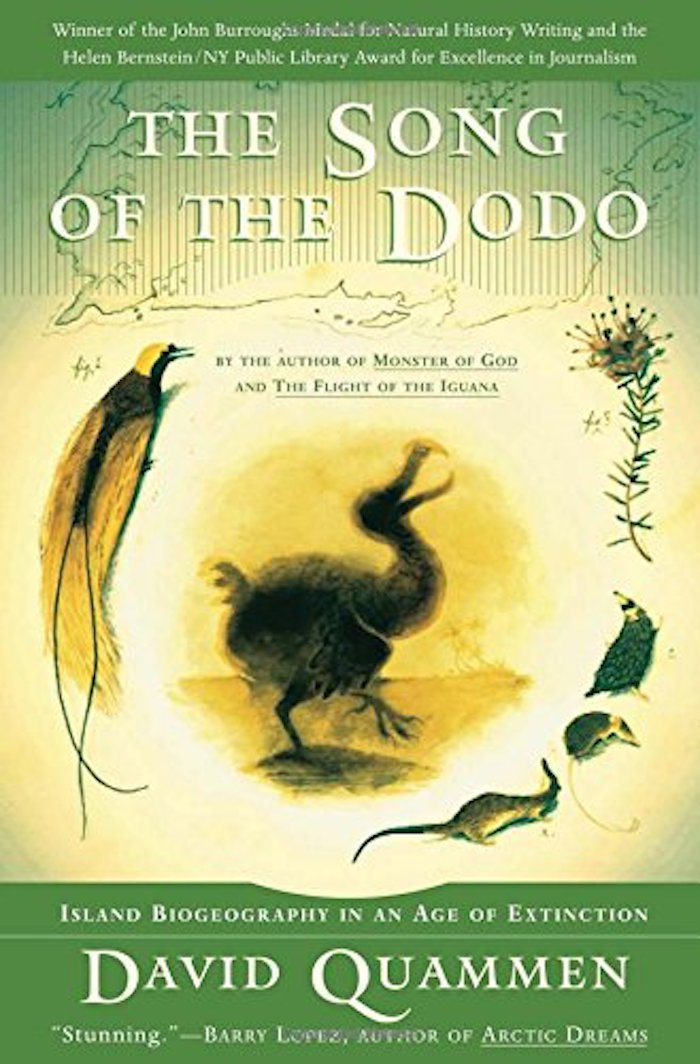
Mark and I are both David Quammen fans, and it appears a lot of Twitter users are, too. The Song of the Dodo is Quammen at his best, as he explains why evolutionary processes on islands can tell us a lot about the fate of biodiversity in our fragmented, human-dominated world.
The book begins with the expeditions of Charles Darwin and Alfred Russell Wallace, and then plunges into a worldwide tour of the fate of islands – and how human development has rendered even our national parks and protected areas into virtual islands. Few books will teach you more about key conservation principles.
-
The Remarkable Life of William Beebe: Explorer and Naturalist
Carol Grant Gould
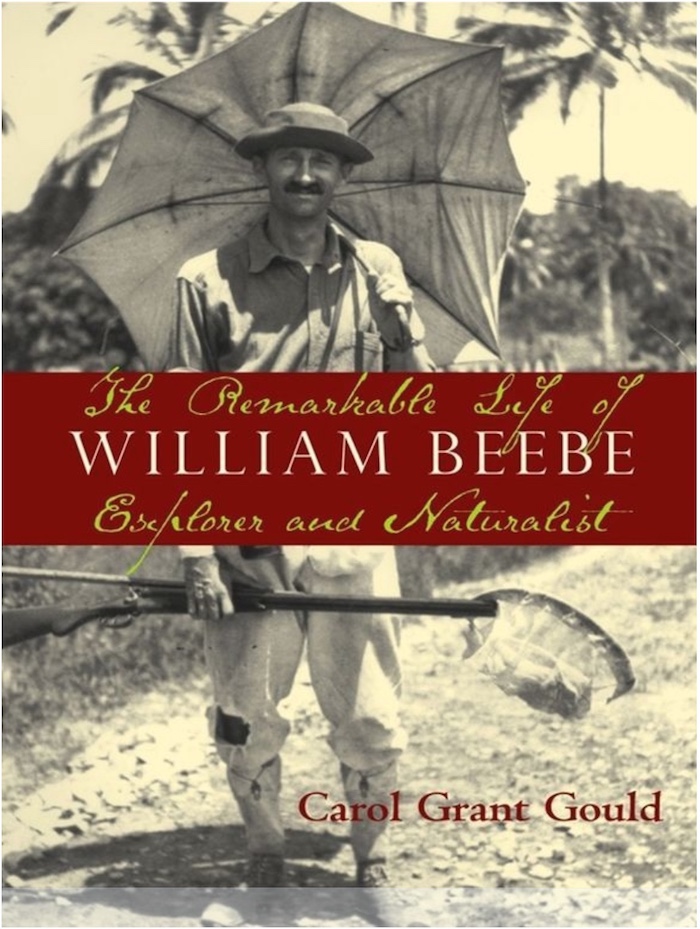
I frequently turn to The Well-read Naturalist for my reading recommendations, so I’m not surprised that his choice was one of my favorites. While today science is defined by specialization, William Beebe (1877-1962) did everything from scaling Himalayan peaks to trace the evolution of pheasants to pioneering deep sea exploration. In his day, he was a bestselling author; millions tuned in to his radio broadcasts from the deep ocean.
Carole Grant Gould does an excellent job presenting an accessible and fun biography of this biological Indiana Jones.
-
Reason for Hope
Jane Goodall
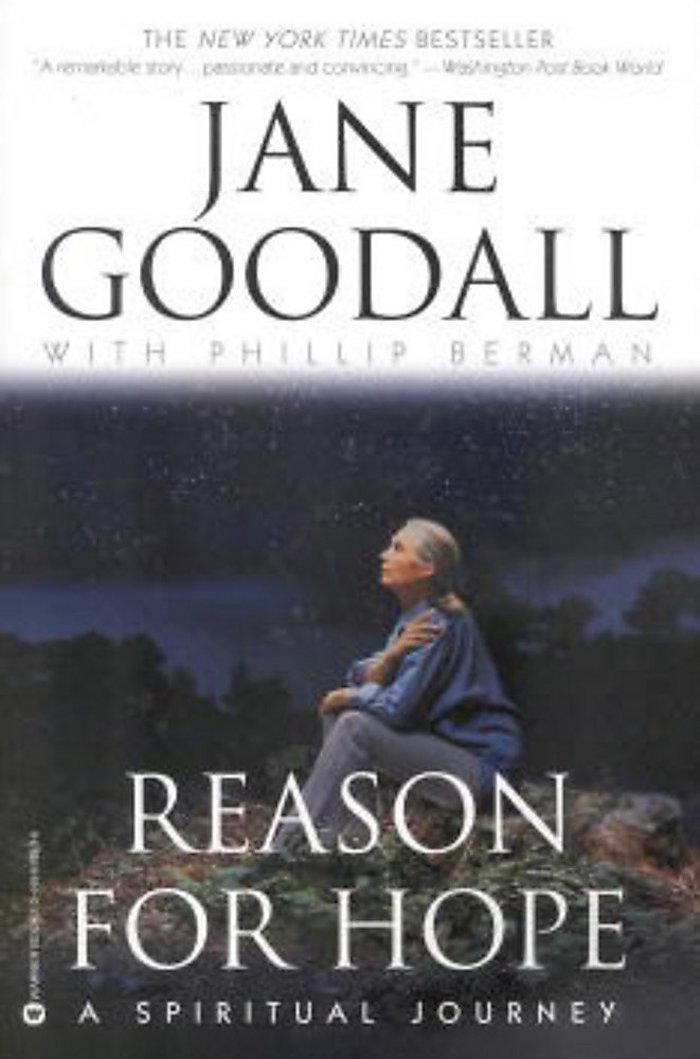
When National Geographic aired its first documentary about Jane Goodall’s work with chimpanzees in 1965, 20 million U.S. viewers tuned in. For perspective, that’s nearly twice as many as tuned in for the latest season finale of Game of Thrones.
Decades later, Goodall arguably remains the world’s most popular conservation leader. So it’s not surprising this book made the list, recommended by Twitter user LolaMarina. And this indeed is one of her best, a memoir that traces her own life’s journey and why she remains hopeful – and why hope, not despair, is vital for all of us if we are to succeed.
-
The Nature Fix: Why Nature Makes Us Healthier, Happier and More Creative
Florence Williams
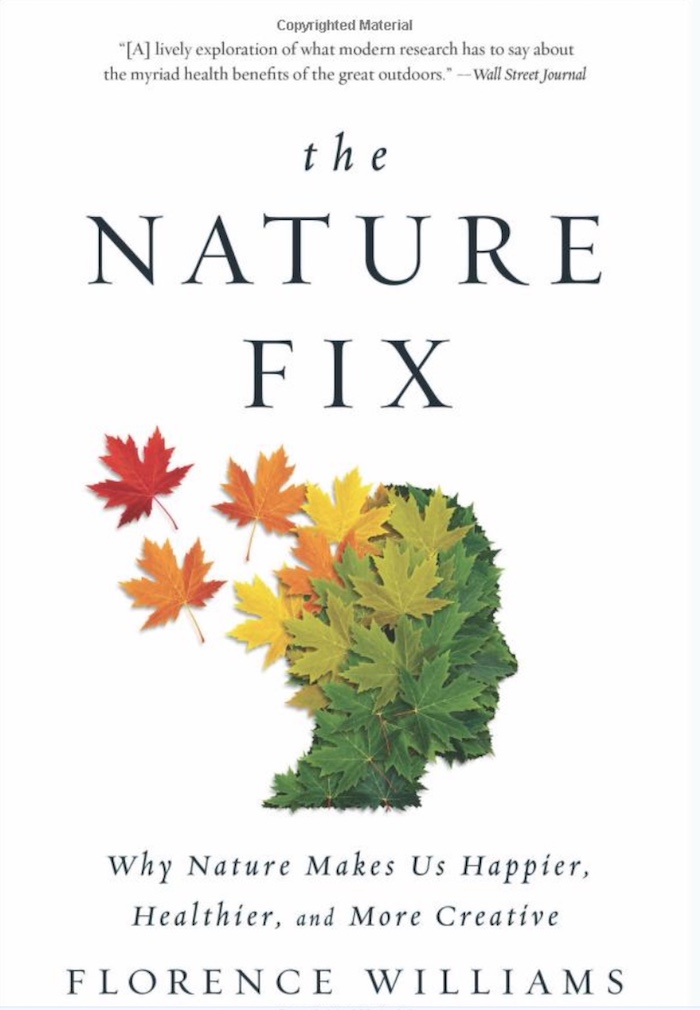
If you’re reading this blog, chances are you seek nature for some measure of solace or inspiration, whether it’s a walk in a park, pulling weeds in a garden or casting a line to trout. It turns out, there’s a scientific basis for nature’s healing powers, as top journalist Florence Williams reveals in The Nature Fix.
Williams draws on new research in a variety of fields to demonstrate how nature makes us healthier and happier. And it’s presented in a readable style filled with examples that will resonate (and provide inspiration). It’s not surprising that several respondents made this their top pick.
-
Desert Solitaire
Edward Abbey
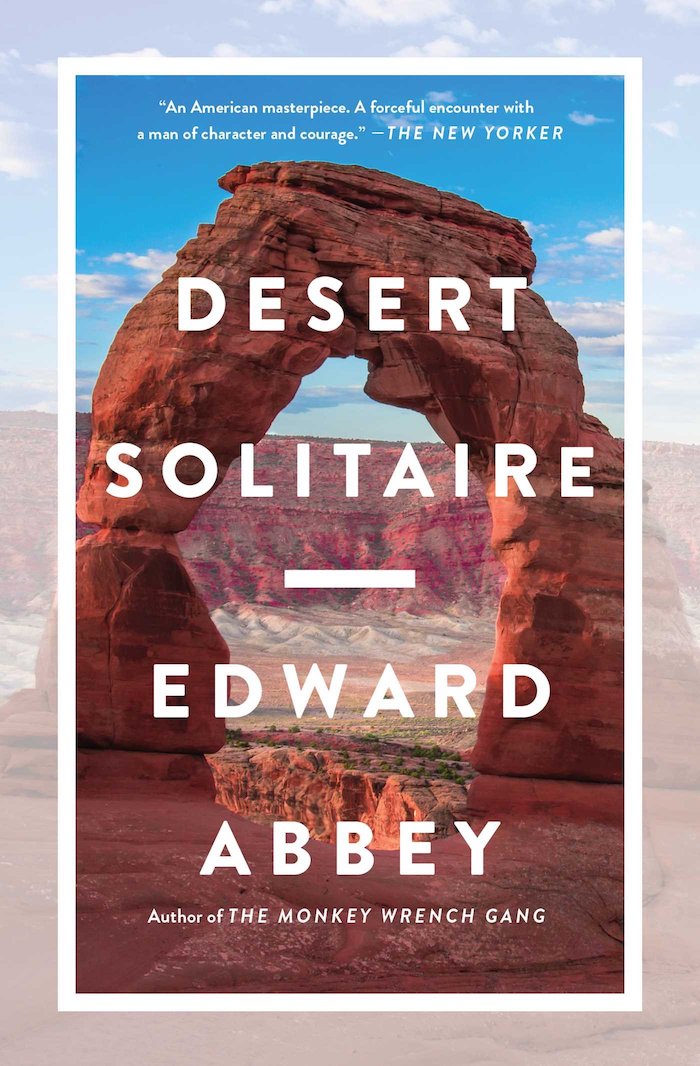
Desert Solitaire and other works by Edward Abbey frequently appear on lists like this. He is frequently quoted by fans and detractors, but I sometimes wonder if any of them have actually read the books.
Read this book and discover Abbey for yourself. He’s funny. He’s angry. Few describe the landscape of the desert Southwest better. The book is a collection of stories from Abbey’s time as a park ranger in southern Utah and northern Arizona. You won’t agree with everything. But underlying it all is Abbey’s conservation philosophy: “I stand for what I stand on.”
-
A Sand County Almanac
Aldo Leopold
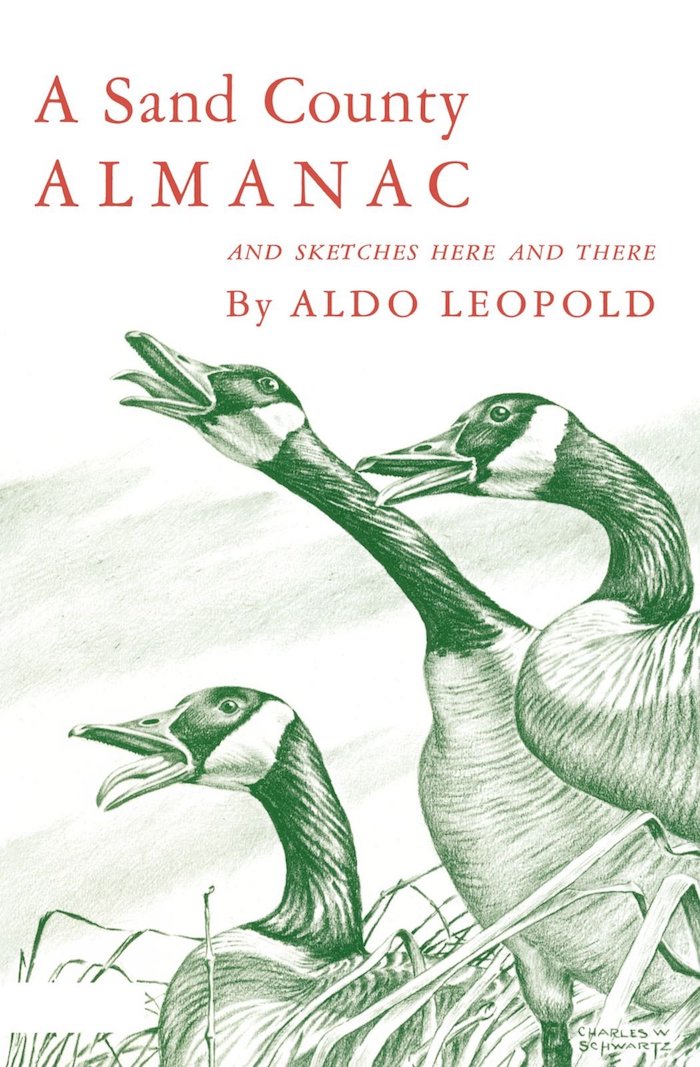
Another book that always makes these lists. That might suggest there’s nothing more to be said. Still: It remains the finest written work on the land ethic, on conservation, ever written. It has stood the test of time. Remarkably, it is as relevant today as when it was published in the 1940s.
Read it, ponder it, share it.




please send out children books to buy to save the planet………
You left out all of Rachel Carson’s work. “Silent Spring” is a core read for all environmentalists, as is her “Edge of the Sea.” The Sea is where we all started, and we are systematically destroying it.
Very truly yours,
Dr. William Burgess Leavenworth, Ph.D., retired Environmental Historian.
You neglected Rachel Carson, Loren Eisely, Stephen Jay Gould, Jacque Cousteau.
I know you had to make exclusions as well as suggestions, but all of these informed me of Homo Sapien’s needs for Nature. I guess I’m just not a twitter user either.
Thanks much for spotlighting the great authors in your list.
Autobiography of Nelson Mandela. He talks about his love of nature.
I would like to recommend a couple of books not mentioned above. First of all, for lovers of the Rocky Mountains, anything by Anne Zwinger. I read her in the 1980s and hope her books are still in print. I agree heartily with the suggestions by other commenters of Annie Dillard and Loren Eisley (add The Star Thrower). Finally, George David Haskell’s The Forest Unseen A Year’s Watch in Nature is a gem which was a Pulitzer Prize finalist.
Silent Spring – Rachel Carson.
I read it at age 11 and have been committed to environmental protection ever since.
Timothy Egam’s, “The Big Burn,” is a must read while all the fires are burning in the West!
Terry Tempest Williams . . . . . . . . AT TINKER CREEK
Quamman rules. His newest book, The Tangled Tree, is on my reading list (and that of our TNC book group). I had the great pleasure of hearing him speak at a literary conference in Steamboat Springs a few years back. Inspiring, approachable, and amiable fellow.
I was so happy to see A Sand County Almanac on the list. I first read this many years ago when I was
working with middle schoolers on the “Aldo Leopold Project” and have re-read and recommended it
many times since. Another favorite of mine is Wild America by Roger Tory Peterson and James Fisher. I noticed there was not a book of poetry on the list and normally, I’m not that big a fan of poetry but for
one major exception – A Timbered Choir by Wendell Berry. This is a selection of poems from an 18 year period when Berry would walk his land on Sabbath mornings. I’ll close with a verse from one of my
favorites:
I go in pilgrimage
Across an old fenced boundary
To wildness without age
Where, in their long dominion,
The trees have been left free.
– Wendell Berry
I am reading -The Overstory by Richard Powers which is a great book which, while fiction, interweaves nature and humanity in an illustrative manner. Also The Hidden Life of Trees is good.
Almost everything by Terry Tempest Williams; most recently “The Hour of Land.” Her writing is a lyrical and passionate plea for conservation.
You might add “The Outermost House “ by Henry Beston
Thanks for this great list! How encouraging to discover such a rich selection! I’d add Braiding Sweetgrass: Indigenous Wisdom, Scientific Knowledge, and the Teaching of Plants by Robin Wall Kimmerer. Robin gracefully enriches facts with her life and heritage of love of Earth as well as her compelling writing style. Sure to expand one’s appreciation of and interrelations with our living natural world.
I can add another book. The Quiet World by Douglas Brinkley.